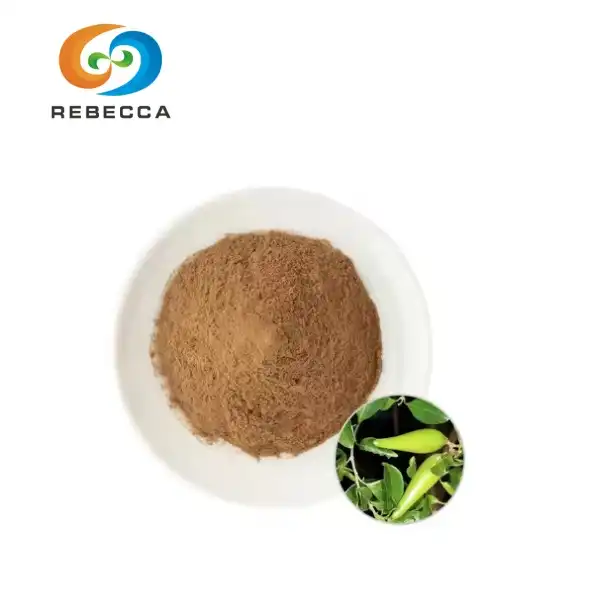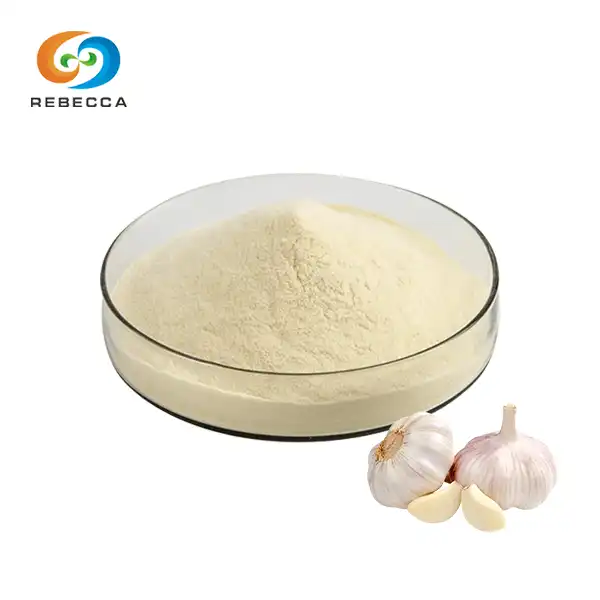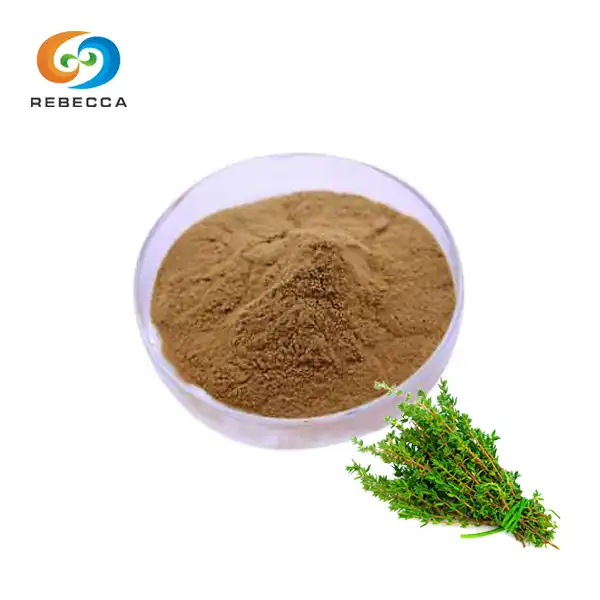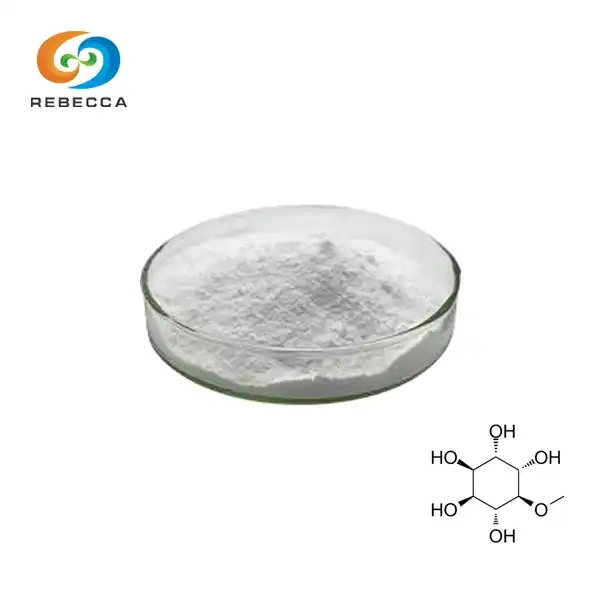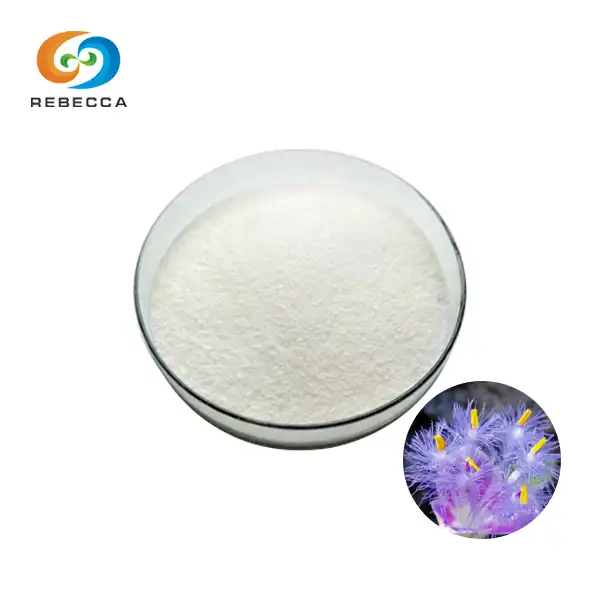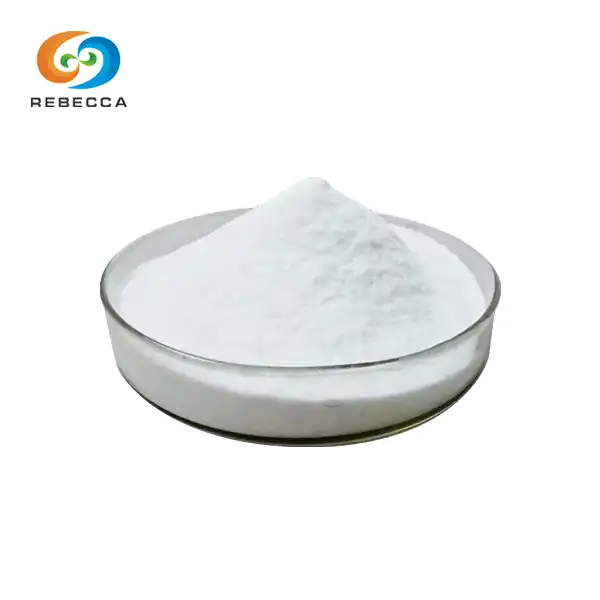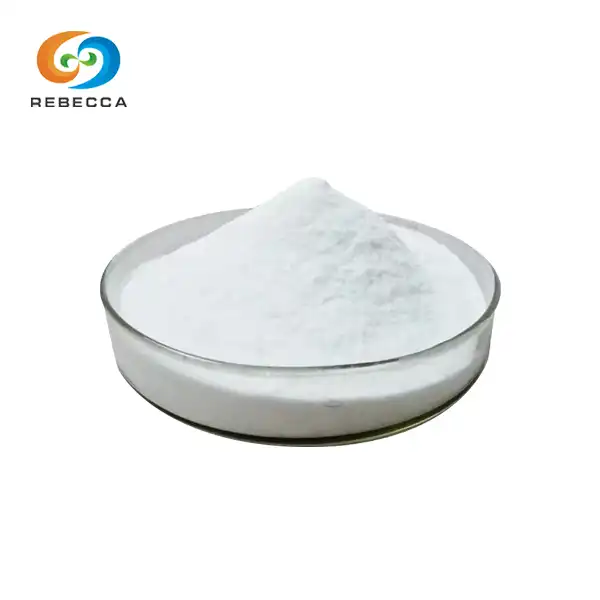Does fucoxanthin help with weight loss?
In recent years, fucoxanthin powder has garnered significant attention in the health and wellness community, particularly for its potential role in weight management. This unique carotenoid, found primarily in brown seaweed, has piqued the interest of researchers and consumers alike. But what exactly is fucoxanthin, and does it truly hold promise as a weight loss aid? Let's delve into the science behind this intriguing compound and explore its potential benefits for weight management.
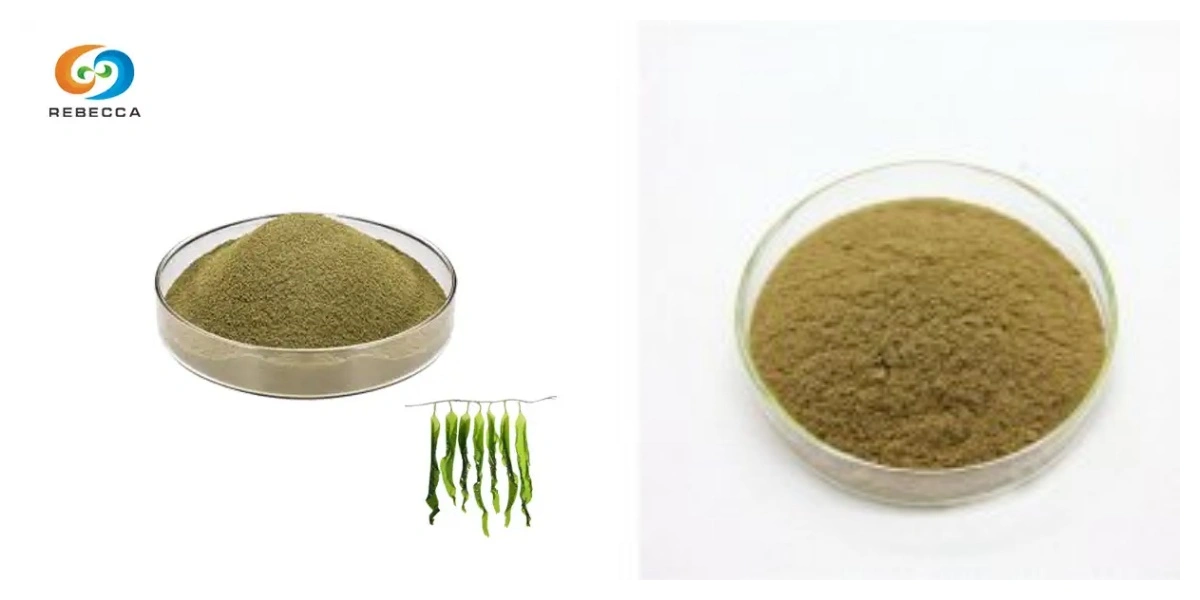
What is Fucoxanthin and How Does it Work in Fat Metabolism?
Fucoxanthin is a xanthophyll carotenoid, a type of pigment that gives brown algae its characteristic color. Unlike other carotenoids, it has a unique chemical structure that includes an allenic bond and a 5,6-monoepoxide group. This distinctive structure is believed to contribute to its potential health benefits, including its effects on fat metabolism.
The mechanism by which fucoxanthin may influence fat metabolism is multifaceted and involves several pathways:
- Uncoupling Protein 1 (UCP1) Activation: Fucoxanthin extract has been shown to increase the expression of UCP1 in white adipose tissue. UCP1 is typically found in brown adipose tissue and is responsible for thermogenesis, the process of heat production. By inducing UCP1 expression in white fat, fucoxanthin may enhance energy expenditure and fat burning.
- Regulation of Lipid-Regulating Enzymes: Studies have indicated that fucoxanthin can modulate the activity of enzymes involved in lipid metabolism. It may decrease the activity of lipogenic enzymes such as fatty acid synthase while increasing the activity of lipolytic enzymes, potentially leading to reduced fat accumulation.
- AMPK Activation: It has been observed to activate AMP-activated protein kinase (AMPK), a key regulator of cellular energy homeostasis. AMPK activation can lead to increased fat oxidation and reduced lipogenesis.
- Adipokine Regulation: Research suggests that fucoxanthin may influence the production of adipokines, such as leptin and adiponectin, which play crucial roles in regulating appetite and metabolism.
These mechanisms collectively suggest that fucoxanthin powder or fucoxanthin extract may have a multi-pronged approach to influencing fat metabolism, potentially contributing to weight management efforts.

Is There Scientific Evidence Supporting Fucoxanthin for Weight Loss?
While the potential of organic fucoxanthin for weight loss is promising, it's crucial to examine the scientific evidence supporting these claims. Several studies have investigated its effects on weight loss and related metabolic parameters:
Human Studies:
A 16-week clinical trial involving 151 obese, non-diabetic women with non-alcoholic fatty liver disease found that a combination of fucoxanthin (0.8-4.0 mg) and pomegranate seed oil resulted in significant weight loss and reduction in liver fat content compared to the placebo group. This study provides encouraging evidence for the potential of fucoxanthin in human weight management.
Another study on Japanese women found that consumption of fucoxanthin-rich wakame lipids led to a significant reduction in body weight and abdominal fat. However, it's important to note that this study used whole seaweed rather than isolated fucoxanthin.
Animal Studies:
Numerous animal studies have demonstrated the weight loss effects of fucoxanthin:
- In a study on mice fed a high-fat diet, fucoxanthin supplementation prevented weight gain and reduced abdominal white adipose tissue.
- Another study on obese mice showed that fucoxanthin increased energy expenditure and fat oxidation, leading to reduced body weight and fat tissue.
- Research on diabetic/obese KK-Ay mice found that fucoxanthin improved insulin resistance and decreased blood glucose levels, in addition to reducing body weight.
Cellular Studies:
At the cellular level, studies have shown that fucoxanthin can inhibit the differentiation of preadipocytes into mature fat cells and induce fat cell apoptosis. These effects at the cellular level provide a mechanistic explanation for the observed weight loss effects in animal and human studies.
While these studies are promising, it's important to note that more extensive human clinical trials are needed to fully establish the efficacy of fucoxanthin for weight loss. The current evidence, while encouraging, is still considered preliminary in the scientific community.

What Are the Limitations and Considerations for Using Fucoxanthin in Weight Management?
Despite the promising research surrounding fucoxanthin, there are several important limitations and considerations to keep in mind when exploring its use for weight management:
1. Limited Human Studies: While animal and cellular studies have shown promising results, human clinical trials on fucoxanthin are still limited in number and scope. More extensive, long-term studies are needed to fully understand its effects and optimal dosage in humans.
2. Bioavailability Challenges: Fucoxanthin powder has low bioavailability in its natural form. The body's ability to absorb and utilize fucoxanthin can vary, and factors such as the presence of dietary fat can influence its absorption. This variability in bioavailability may impact its effectiveness as a weight loss aid.
3. Potential Side Effects: While it is generally considered safe, some studies have reported mild side effects such as increased heart rate and blood pressure in some individuals. Long-term safety data in humans is still lacking.
4. Interaction with Medications: It may interact with certain medications, particularly those metabolized by the CYP3A4 enzyme. This could potentially affect the efficacy or safety of these medications.
5. Quality and Standardization Issues: As with many supplements, the quality and concentration of fucoxanthin in commercial products can vary. Ensuring a standardized, high-quality organic fucoxanthin source is crucial for consistent results.
6. Not a Standalone Solution: It's important to remember that fucoxanthin, like any supplement, is not a magic solution for weight loss. It should be considered as part of a comprehensive approach that includes a balanced diet and regular physical activity.
7. Individual Variability: The effects may vary from person to person due to genetic factors, lifestyle, and overall health status. What works for one individual may not work the same way for another.
8. Cost Considerations: High-quality fucoxanthin supplements can be relatively expensive, which may limit long-term use for some individuals.
These limitations underscore the importance of approaching fucoxanthin supplementation with realistic expectations and under the guidance of a healthcare professional. While fucoxanthin shows promise, it should be viewed as a potential tool in weight management rather than a standalone solution.

Fucoxanthin Powder Supplier
Looking to secure a reliable partner for your production needs? Look no further than Rebecca Bio-Tech. With our three advanced production lines, we produce over 100 high-quality products, including fucoxanthin powder, with an annual capacity exceeding 2,000 tons. Our commitment to a stable supply chain ensures consistent availability for your business. We offer competitive pricing and provide free samples along with MSDS documents, showcasing our dedication to transparency and customer satisfaction. Reach out to us at information@sxrebecca.com to learn more and take the first step towards a successful partnership.
References:
- Peng, J., et al. (2011). Fucoxanthin, a marine carotenoid present in brown seaweeds and diatoms: metabolism and bioactivities relevant to human health. Marine Drugs, 9(10), 1806-1828.
- Maeda, H., et al. (2005). Fucoxanthin from edible seaweed, Undaria pinnatifida, shows antiobesity effect through UCP1 expression in white adipose tissues. Biochemical and Biophysical Research Communications, 332(2), 392-397.
- Jeon, S. M., et al. (2010). Fucoxanthin-rich seaweed extract suppresses body weight gain and improves lipid metabolism in high-fat-fed C57BL/6J mice. Biotechnology Journal, 5(9), 961-969.
- Kang, S. I., et al. (2012). Fucoxanthin exerts differing effects on 3T3-L1 cells according to differentiation stage and inhibits glucose uptake in mature adipocytes. Biochemical and Biophysical Research Communications, 426(2), 215-220.
- Gammone, M. A., & D'Orazio, N. (2015). Anti-obesity activity of the marine carotenoid fucoxanthin. Marine Drugs, 13(4), 2196-2214.
